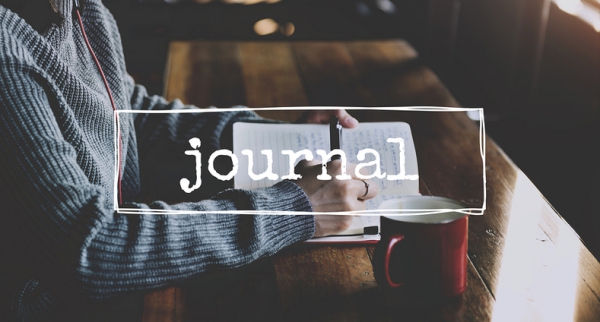3 Ways Journaling Supports Addiction Recovery

Washington State alcohol rehab and addiction recovery facilities not only help encourage sobriety for those who seek it, but they can also provide many new forms of individual growth. Some find a new physical activity such as yoga. Others find an artistic skill like painting. One of the most effective forms of individual growth and method for maintaining long-term sobriety that can be found through addiction recovery is journaling.
Journaling is defined as the action of writing “one’s observations or thoughts in a journal”. While this definition may make journaling appear to be a small component of recovery resources when compared to expert therapy and treatments, the power of journaling in addiction recovery can be enormous.
Benefits of Journaling
From helping those just starting their life-changing and life-saving journey through addiction recovery to continuing to help those well into their sobriety stay the course, journaling is a simple yet critical tool from which everyone can benefit. Here are three ways journaling supports addiction recovery, both short-term and long-term.

- Journaling allows you to dive deep into your emotions and truly reflect upon your life experiences, both past and present. This is crucial during addiction recovery to gain perspective on the harm of substance misuse and be empowered to pursue long-term sobriety during the often challenging beginning stages of recovery.
- Journaling accesses a different part of your brain than simply speaking. While group and individual therapy sessions are a foundational component of expert addiction recovery programs, the full benefits of releasing the emotions of the past and embracing the emotions of the future come through the incorporation of the written word. Every person is different, and thus, their addiction recovery is different. There are people who are better at communicating and processing through written language versus verbal communication. The universal benefits of journaling are increasingly significant in these cases.
- Journaling allows you to truly write the story of your own life. You are able to see in black and white your successes and your struggles. This is of paramount importance when maintaining long-term sobriety. Everyone will have a bad day now and then. To be able to refer back to struggles and see how you have overcome these hurdles will help keep accountability and perspective during the addiction recovery process. Journaling also allows you to process the most emotionally impactful aspect of the day to help empower you.

The most important thing to remember when journaling is that your entries do not have to be tediously long to be effective. Every day is different and each journal entry length will reflect this. Thinking that good journal writing is synonymous with lengthy journal writing is one of the top ways people can get turned off to this incredible and cathartic process.
Write what you were happy with, what bothered you, what you hope for in the new day, and always remember how far you have come. To learn more about treatment options for addiction, contact The Recovery Village Ridgefield today.




